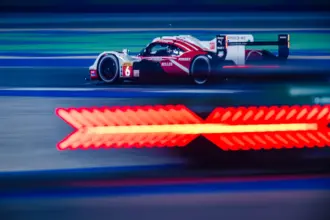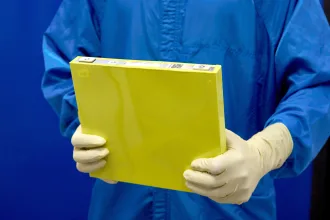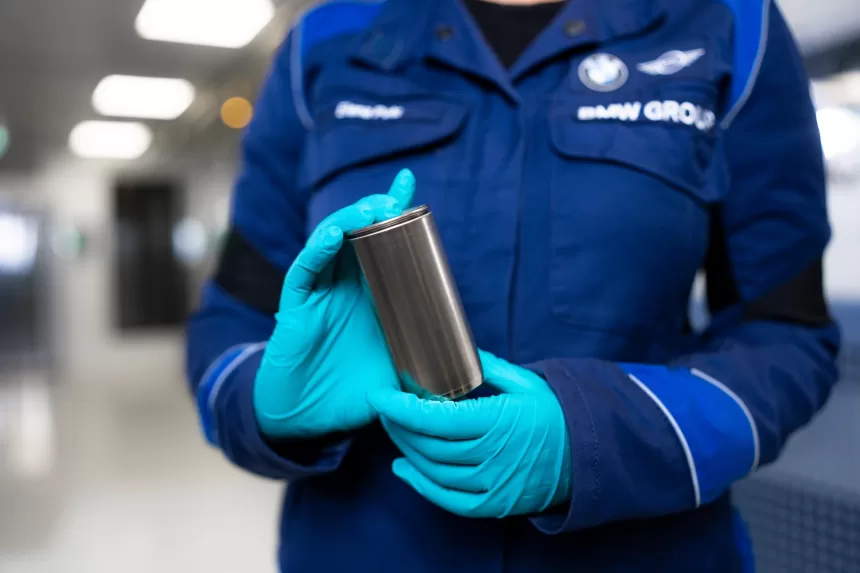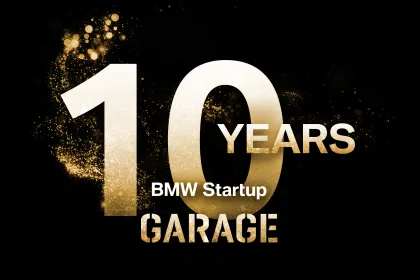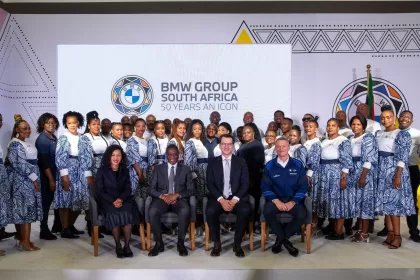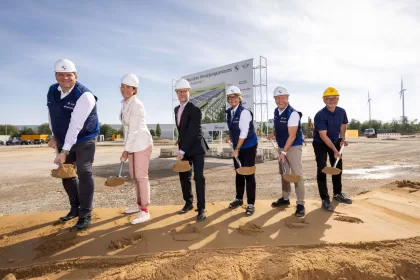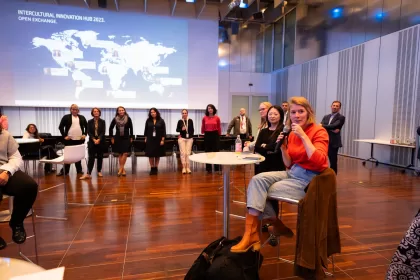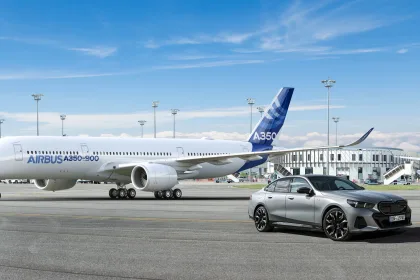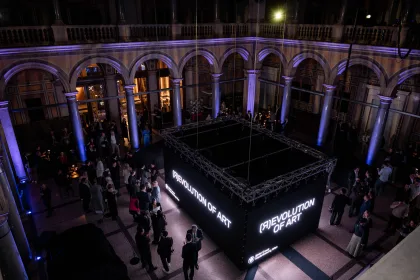The BMW Group is accelerating its ramp-up of e-mobility and increasingly relying on regional supply chains, in line with the principle “local for local”. The company aims to source components like battery cells close to vehicle production and gradually localise the supply chain for primary materials.
New partner to supply primary material for battery cell production
Belgian company Umicore has now been recruited as a further partner for establishing a local supply chain in North America. Umicore will supply our battery cell supplier AESC with cathode active battery materials from a new plant in Ontario, Canada. This is an important step in strengthening the BMW Group’s regional supply chains and securing the ramp-up of e-mobility.
In accordance with the “local for local” principle, our partner AESC is currently building a battery cell factory in Florence, South Carolina. With an initial capacity of 30 GWh/a, the facility will produce the innovative cylindrical lithium-ion battery cells specifically developed for the sixth generation of BMW eDrive technology. Electricity for production of the battery cells and cathode raw material will come exclusively from renewable sources.
“The BMW Group pursues a globally balanced procurement strategy in the three main geographical regions of the world. Our battery cell supplier in the US will source key primary materials from Canada going forward. We are pleased that Canada is playing a strong role in establishing a robust and efficient battery cell supply chain for the BMW Group in North America,” said Joachim Post, member of the Board of Management of BMW AG responsible for Purchasing and Supplier Network.
Further BMW Group investment in South Carolina
Oliver Zipse, Chairman of the Board of Management of BMW AG, already announced an extensive investment of 1.7 billion US dollars in expansion of the US production site back in October 2022. This includes 700 million US dollars to build the BMW Group’s new assembly centre in Woodruff, which will provide high-voltage batteries for the fully-electric BMW X models in the future. In the initial phase, the roughly 93,000 sq. m. facility will produce sixth-generation battery modules. The assembly centre will also create about 300 new jobs.
Sixth-generation battery cell technology for better performance and sustainability
The new sixth-generation battery format will increase energy density by more than 20 percent and improve charging speed and range by up to 30 percent. At the same time, CO2 emissions from cell production will be reduced by up to 60 percent: on the one hand, by cell suppliers relying on energy from renewable resources; on the other, by using a percentage of secondary material for the raw materials lithium, cobalt and nickel.

